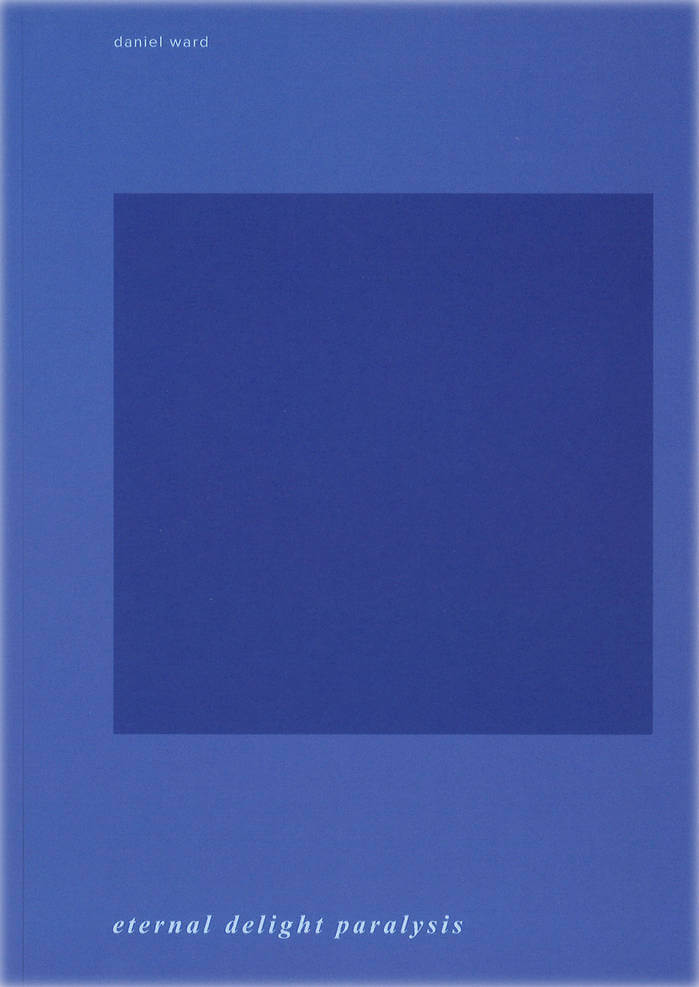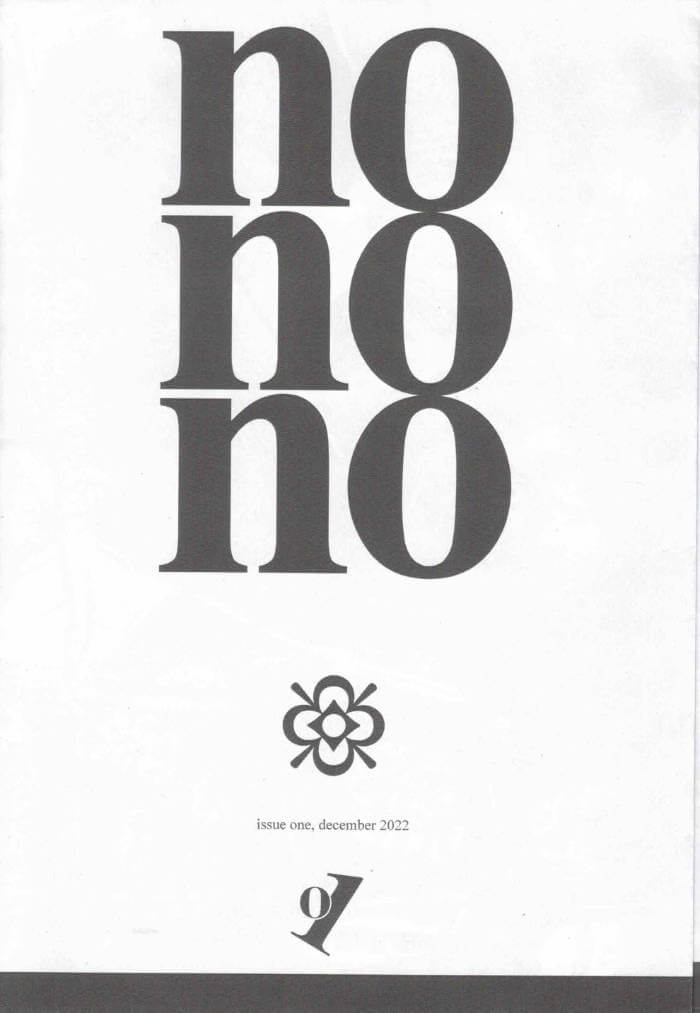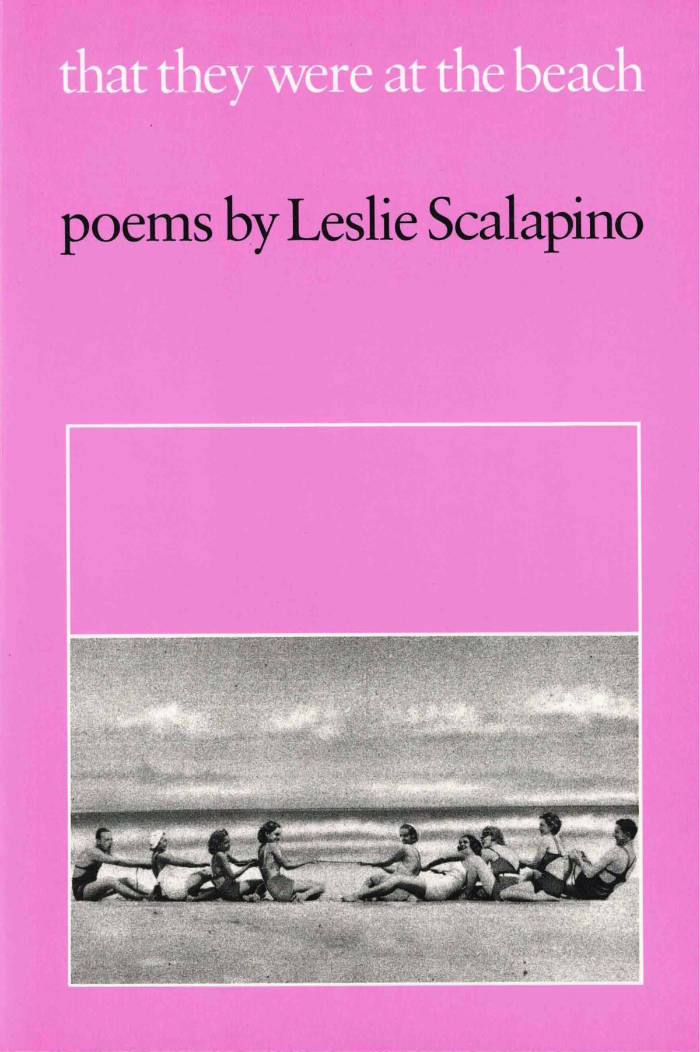
nmp.12 - Eternal Delight Paralysis
"…a book about days and pleasure. the dizzying inaction of life’s excess. it’s an interrogation on the balance of the circle time brings. they are mostly automatic poems. the book feels to be the beginning of a dialogue/catalogue of spirit, in as much as the poems enact a pantheism in their noticing of the body of/as earth. a long ode to witnessing the patterns we lay in avoidance of suffering. it examines a philosophy of patient indifference. and so much else i can’t say, because i’ve spent too long trying to say it. life as the grand poem."—daniel ward reflects on eternal delight paralysis.
nmp.12:
2022, english — paperback
148 pages, 145 x 204 mm
first edition, edition of 200, numbered







